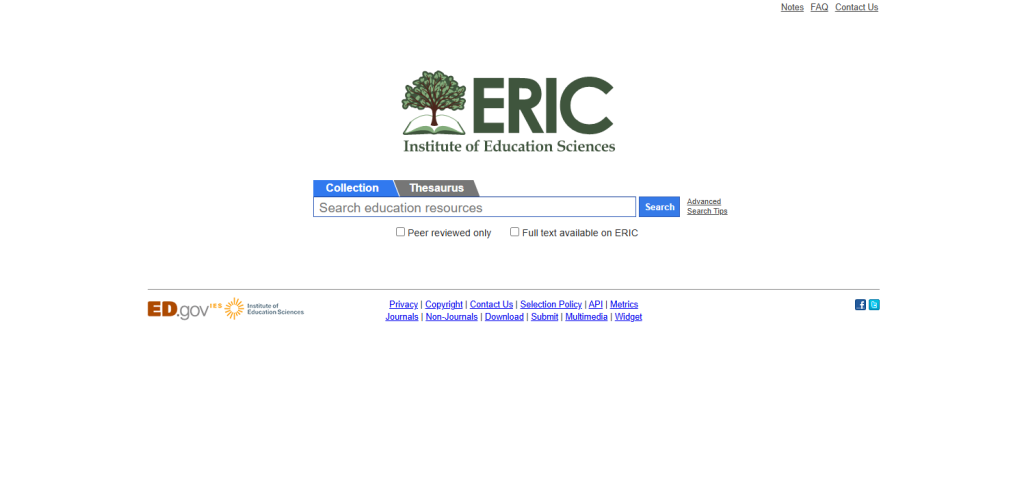The Education Resources Information Center (ERIC), a key repository of education research managed by the U.S. Department of Education, is facing significant operational changes due to funding constraints. Effective April 24, 2025, the number of actively cataloged sources in ERIC will be reduced by approximately 45%, decreasing from 1,200 to 700 titles.
This reduction stems from efforts by the Department of Education and the Department of Government Efficiency to “reduce overall Federal spending” and “reallocate spending to promote efficiency” as outlined in Executive Order 14222.

While all existing records in ERIC will remain accessible, the addition of new documents will be significantly curtailed. The selection process for source reduction did not consider subject matter, leading to a broad impact across various educational topics. The delay in notifying publishers affected by this content reduction has been attributed to a government reduction in force.
The potential defunding of ERIC has raised concerns among educators and researchers. Gladys Cruz, a superintendent of Questar III BOCES and past president of the AASA, The School Superintendents Association, stated that “Defunding ERIC would limit public access to critical education research, hindering evidence-based practices and informed policy decisions vital for the advancement of American education.”
In response to the funding challenges, Erin Pollard Young, the former manager of ERIC, proposed reducing the annual budget from $5.5 million to $2.25 million. This proposal included cutting nearly half of the journals added each year and eliminating the public help desk.
However, the proposal was not approved, and Pollard Young, along with over 1,300 other Department of Education employees, was laid off in March.
The reduction in ERIC’s operations is expected to impact educators, researchers, and policymakers who rely on the database for access to educational research. The long-term effects of these changes on the accessibility of education research and informed policy-making remain to be seen.

